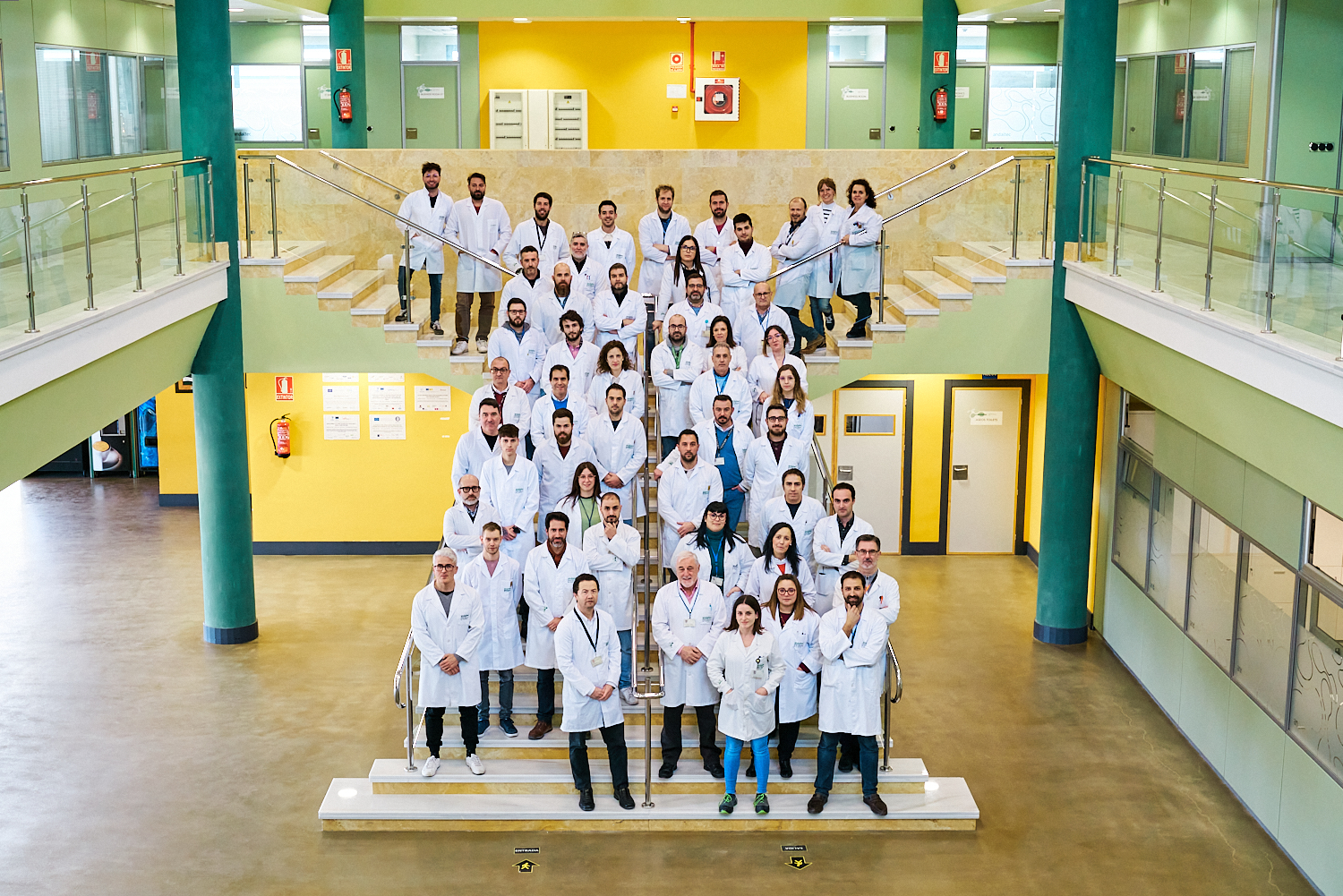
20 Feb Andaltec is part of the RecyPPowder project, aimed at developing a 3D SLS printing material from recycled polypropylene
Andaltec Technological Centre has begun research on the RECYPPOWDER project, aimed at developing a new family of innovative economical and sustainable materials from recycled polypropylene. This new compound will be utilized to produce parts through additive manufacturing by means of Selective Laser Sintering (SLS) technology. This endeavor, included in the Spanish National Public-Private Partnership to Boost Scientific- Technical Research, is led by the company Innomaq 21, counting with University of Barcelona and Andaltec as partners.
Polypropylene is a tough but also light material, highly tear and fatigue resistant. These characteristics turn it into an ideal compound to produce functional prototypes to be employed in several industrial sectors.
The Selective Laser Sintering process is a very versatile 3D printing technique which allows for the production of high precision and fine-detailed parts. This technology, one of the most advanced and reliable within its field, is part of the family of Powder Bed Fusion additive manufacturing processes. It makes use of a container in which the powder is heated to a temperature slightly lower than its fusion point. Then, a roller applies a thin layer of the powder on the manufacturing platform. Next, the laser scans the surface and selectively sinters the powder, which forms a cross section of the part when solidified. Once the whole cross section has been scanned, the construction platform is lowered one layer in thickness height. The roller lays a new powder layer on the freshly scanned surface, and the laser starts sintering the next cross section of the part over the ones previously solidified. This process is repeated until the part is completely manufactured. Once the printing process is finished, the part is detached from the non-sintered powder and cleaned with compressed air. This non-sintered powder is collected and reused, which results in no waste production, another advantage of this technology.
SLS technology is very limited as for the raw materials (powder) that can be employed. Up to now, the most popular material for SLS has been polyamide, since it can be used on its own or additivated with other elements such as aluminium, glass or graphite in order to produce compound powder, which will improve the mechanical, chemical and thermal properties of the final parts.
This project has been flagged as an opportunity to develop a disruptive product which will boost circular economy and sustainability. In fact, even though polypropylene is one of the most employed polymers currently, it doesn’t exist any commercial polymer powder derived from recycled polypropylene to be employed for SLS.
Researchers are going to work on the formulation and development of co-polymers, based on different blending degrees of commercial and recycled polypropylene. They will also optimise the particle size and properties in order to reach the necessary requirements for its sintered laser processing, since recycled materials present a much higher variability than virgin ones. Besides, feasibility studies will be conducted to consider the possibility of replacing part shipping with printing data transmission, thus contributing to a carbon footprint reduction. This novel product will be tested by employing it on SLS equipment to manufacture parts in real working conditions.
Andaltec’s involvement in this project includes the selection of the commercial virgin and recycled polypropylene to be blended, the study of the processability with compatibilising agents to be employed on laser sintering, as well as material characterisation. The ultimate purpose of Recyppowder is accomplishing a remarkable impact on the additive manufacturing industry, as well as fostering sustainability and the circular economy.



